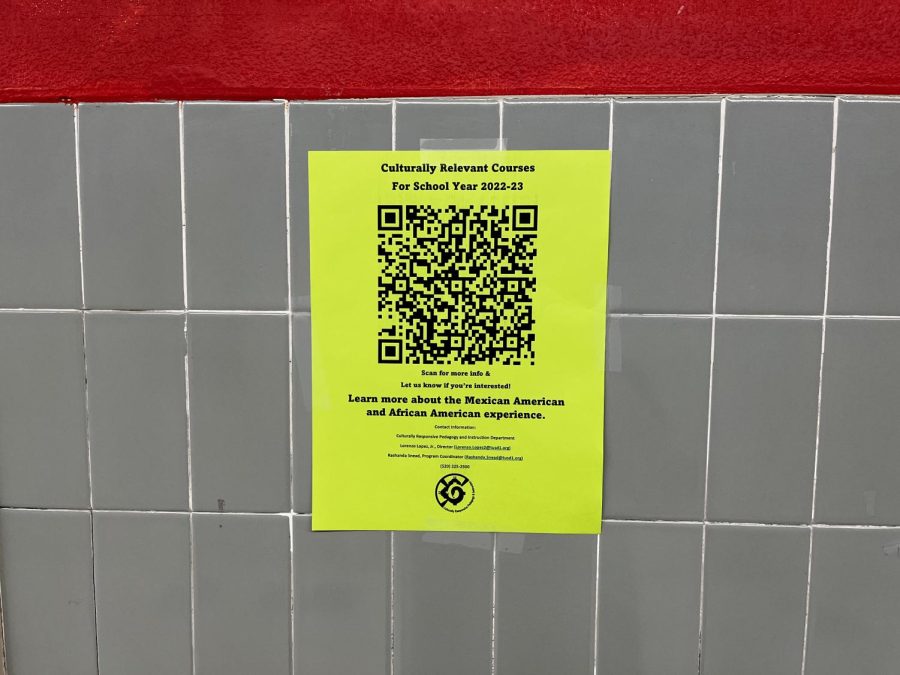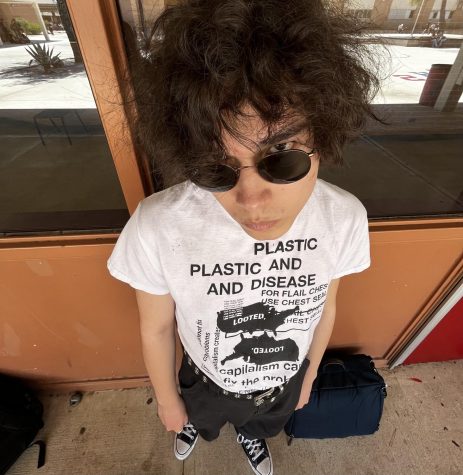From a Different Perspective – Culturally Relevant Studies
January 31, 2022
Many students feel a fundamental disconnect between themselves and conventional English classes. One might not be able to relate to what is an intrinsically Eurocentric course. Even when tackling American literature, much of what is taught focuses on the point of view of colonists, settlers, and other assorted White Anglo-Saxon Protestants. Courses in culturally relevant literature and history seek to tackle this apathy head-on, allowing students to immerse themselves in English literature through the lens of both Mexican American and African American experiences.
Both courses are free for anyone to enroll in, in other words, one need not be Mexican American or African American in order to study two distinct ethnic backgrounds, their literature, and how they participate in and have affected American history and culture. Institutional racism, critical inquiry, and evaluating logistical inconsistencies also are involved in the courses. Both classes examine cross-cultural experiences, key people within their respective cultures and movements, while also discussing figures from popular culture. It’s key to remember that the heart of both lit. classes is still English, observing the human condition from an alternative viewpoint.
Ms. Krause, who teaches Mexican American lit., explains that the course’s books are all very contemporary and often in the not-so-distant past. Students might find themselves relating to characters and their adventures and authors as they retell their personal narratives. Border issues, family sagas, heritage, and the struggle to realize success in America are all discussed.
Teaching African American lit. is Ms. Good, whose hope is that her students will emerge from her class feeling confident in their own identity, both racial and gender. Learning to build a better future, diagnose current problems, and empower themselves and others is key course material, no less important than the literature taught and books read.
History courses from the African American viewpoint are taught by Mrs. Slade who emphasizes applying critical thinking skills in order to tackle with maturity those tough issues that are imperative to cover whenever covering African American history. Though often filled with grief and hardship, the class doesn’t exclusively cover depressing subjects, almost always are victories and successes of oppressed people, and their worldwide effects are covered just as equally as their travails.
Last but not least, Mr. Rogers teaches culturally relevant history from the Mexican American perspective, where he seeks to incorporate as many viewpoints as he can while also incorporating Hispanic perspectives. Where Mexican Americans aren’t involved, Mr. Rogers attempts to discuss other minority and immigrant viewpoints.
The idea of injustice and to be treated less-than is a universal concept, students of all backgrounds and family histories are welcomed to appreciate the American dream as viewed from the perspective of two core yet diverse ethnic and cultural communities. For all those debating whether or not to enroll, Ms. Krause asks, “Do you want to have tunnel vision or see the world in all its beauty and diversity that surrounds you? Diversity is not only a scientific concept, but a human one.”












